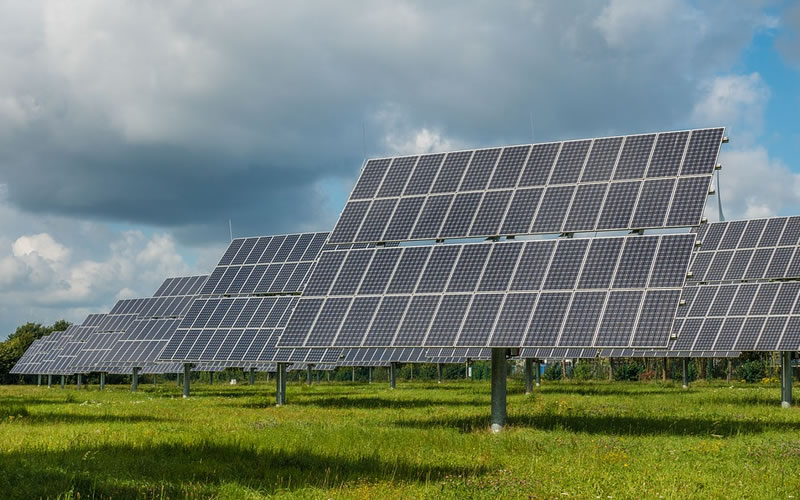
By Andy Brack, editor and publisher | Maybe a massive hurricane that howls and slashes its way through coastal South Carolina will be enough to convince her people that now is the time to face climate change and do more.
 It’s hard to deny we are experiencing bigger storms with more impact than when Hugo slammed into the state 30 years ago. In just the last four years, there have been three coastal evacuations.
It’s hard to deny we are experiencing bigger storms with more impact than when Hugo slammed into the state 30 years ago. In just the last four years, there have been three coastal evacuations.
To climate deniers: Keep ignoring what’s happening to our state. Ignore rising sea levels, hotter summers, more flooding, more hurricanes and armadillos moving north. The rest of us have work to do.
“Those who deny basic scientific facts are not an excuse for the rest of us not to act,” said Eddy Moore, energy and climate director at the Coastal Conservation League in Charleston. “State and local action can be very effective at reducing carbon pollution while putting our economy on a better footing. We want to be the leaders who are growing new clean energy markets and exporting technology, not the last ones to adopt.”
The state of South Carolina can do more than you may think to be part of the solution instead of continuing to be part of the problem.
First, we can stop producing power from dirty coal plants, which spew tons of carbon in great amounts into the atmosphere, contributing to global warming. Santee Cooper, for example, recently announced it was going to phase out a coal power plant in Georgetown.

“We have already reduced power plant emissions by over 20 percent in the last few years just by running coal plants less—for purely economic reasons,” Moore said. “The old coal plants simply cost more to run. Two-thirds of the remaining pollution comes from just five power plants that supply less than a quarter of our electricity.”
So let’s get rid of these plants. Let’s be smart about what replaces them. Instead of continuing to burn fossil fuels by switching from coal to natural gas, the state should use its power to force its state-owned utility to generate power from clean, renewable sources and to strongly encourage private generators to do the same.
From an economic perspective, this makes sense. “Solar in the Carolinas is in the mid-$30s per megawatt hour, which is an all-in cost to build and operate plants, and it is trending downward,” Moore said. “The coal plants are running at high $30s to $60s or higher. That’s the cost to merely keep them running, without new environmental upgrade costs.”
Steering away from fossil fuels also makes political sense, when you consider that the two biggest sources of carbon pollution in South Carolina are the five coal plants and millions of vehicles on the road.
“The power plants are the low-hanging fruit,” Moore said. “It should be easier to close five power plants than to convince 5 million people to drive electric vehicles. And clean energy on the electric system will power the electric vehicles as people naturally shift that direction.”
Other things the state can do to curb climate change:
- Pass a real state energy plan that sets a goal to have 100 percent clean energy by 2050.
- When dealing with the future of Santee Cooper, require any new owner or management team to divest of coal plants and replace them with clean energy, including ways to capture wind offshore.
“The General Assembly needs to watch very carefully to make sure that we do not over-invest in new gas-fired power plants rather than renewable energy,” Moore said. “Maximum renewable energy and a strong program of building retrofits to save energy is not only the best way to reduce carbon pollution—it is the lowest cost plan going forward.”
- Make sure the state Public Service Commission lives up to its responsibility by opening markets for renewable energy as outlined in the recently-passed Energy Freedom Act. “Some of those key decisions will happen in the next ten weeks,” Moore added.
Dealing with climate change is reaching a tipping point. In recent days, three Democratic presidential candidates announced detailed climate initiatives. Our state now needs to step up in bigger ways to leave a better South Carolina for our grandchildren — especially if we want our special places to remain special.
Andy Brack’s latest book, “We Can Do Better, South Carolina,” is now available in paperback and for Kindle via Amazon.
- Have a comment? Send to: feedback@statehousereport.com.


